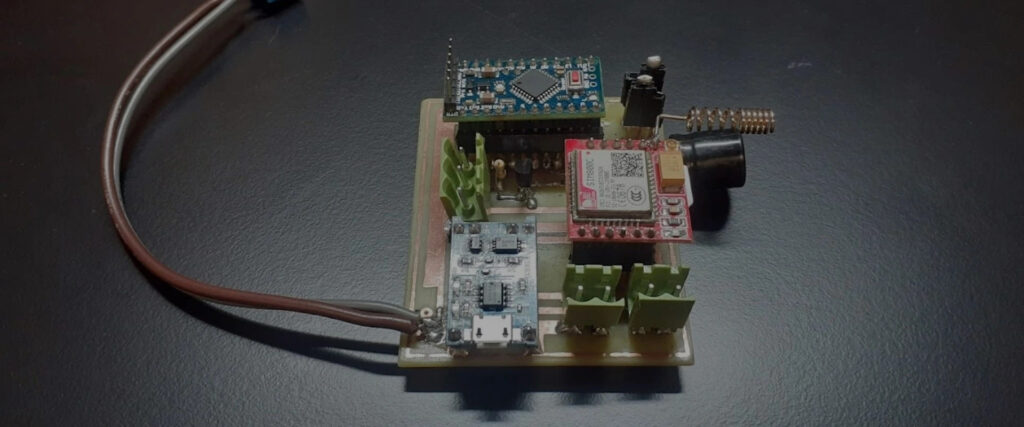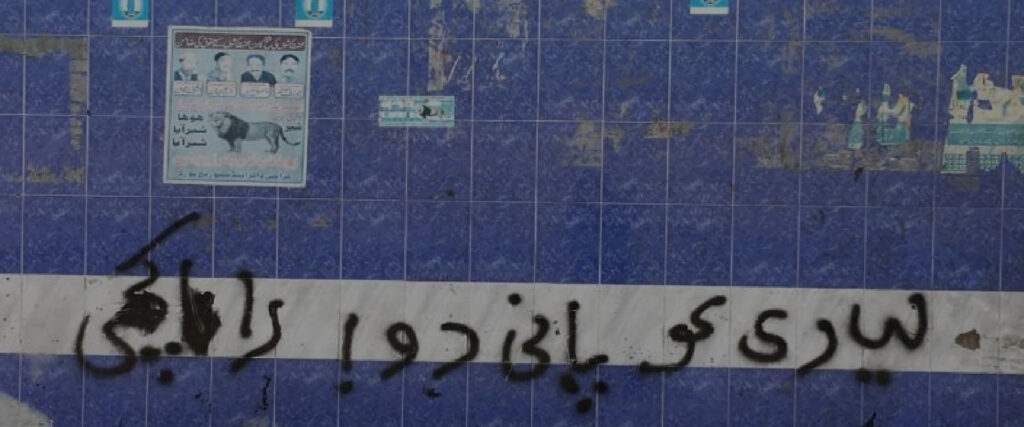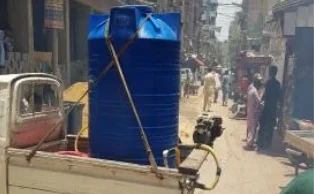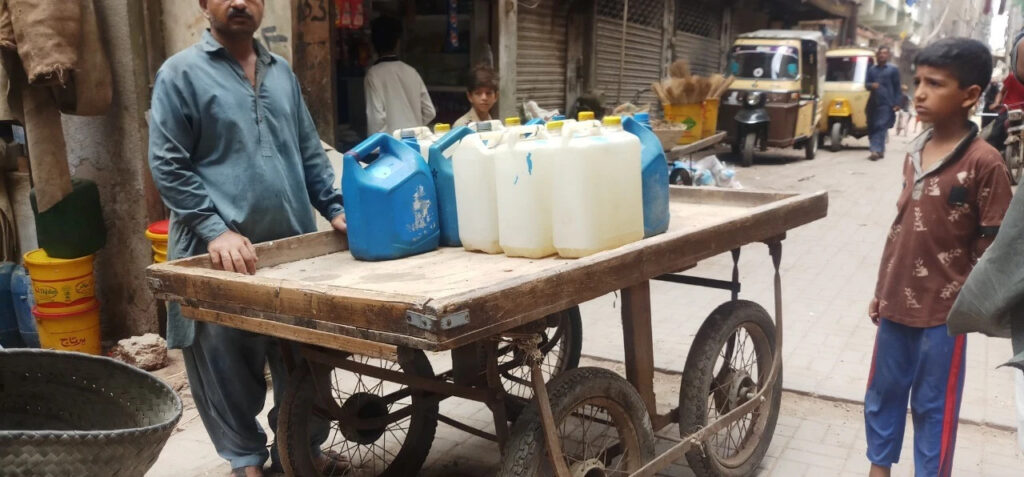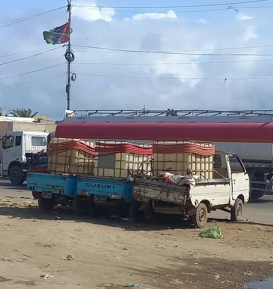Water Demand Estimation
Quantifying household water use
Check out our recent publication on estimating household water use!
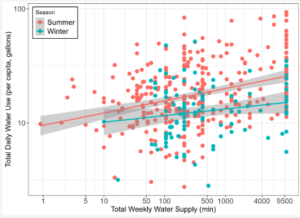 Water discourse in Karachi revolves around a theme of scarcity. KWSB projects a demand of over 1200 million gallons a day (MGD) for Karachi. With current water supply around 550 MGD, most of Karachi’s water problems are reduced to that of a “shortage” of water. However, the KWSB projections of water demand are not based on actual usage locally; instead, the projections are based on a uniform and exaggerated assumed per capita demand that is not representative of household usage in Karachi. Since household water connections in Karachi are not metered, it is difficult to accurately gauge domestic water demand. Credible quantitative flow data are needed to understand where and how much water is used across Karachi.
Water discourse in Karachi revolves around a theme of scarcity. KWSB projects a demand of over 1200 million gallons a day (MGD) for Karachi. With current water supply around 550 MGD, most of Karachi’s water problems are reduced to that of a “shortage” of water. However, the KWSB projections of water demand are not based on actual usage locally; instead, the projections are based on a uniform and exaggerated assumed per capita demand that is not representative of household usage in Karachi. Since household water connections in Karachi are not metered, it is difficult to accurately gauge domestic water demand. Credible quantitative flow data are needed to understand where and how much water is used across Karachi.
In this project, we are undertaking two parallel studies to address this problem. In the first study, we are designing cost-effective smart devices, and then installing these devices in a variety of households to understand water usage at a fine temporal resolution. In the second study, we focus on places where the smart meter can’t be installed and make use of a water journaling approach to estimate water use. A better understanding of actual water demands in the city can help lead to better targeted water infrastructure investments and policies.
Ongoing Projects

